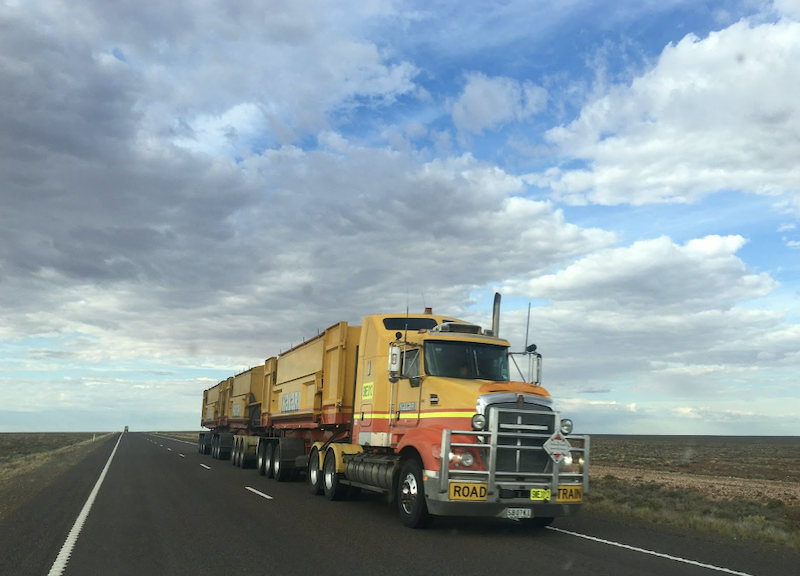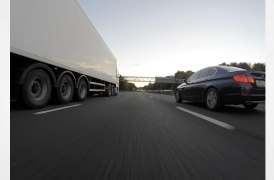Truck crashes are among the most devastating types of traffic accidents, often resulting in severe injuries, fatalities, and extensive property damage. Understanding the legal framework surrounding truck crashes is crucial for victims, law enforcement, and legal professionals alike. This article delves into the essential facts about truck crashes and the rule of law, providing a comprehensive overview to help navigate the complexities involved. Whether you are a victim seeking justice or a professional tasked with upholding the law, this guide aims to equip you with the knowledge you need to handle these serious incidents effectively.
Navigating the Legal Process After a Truck Crash
The aftermath of a truck crash can be overwhelming for victims, making it essential to understand the subsequent legal steps. First and foremost, victims should seek immediate medical attention, as documentation of injuries is crucial for any legal proceedings. Prompt medical care ensures the well-being of the victim and creates a record that may be necessary for future claims.
Victims should also gather as much evidence as possible from the crash scene. This includes taking photographs, collecting contact information from witnesses, and obtaining copies of police reports. Such evidence can prove invaluable when building a case against the responsible parties.
Seeking professional legal counsel is advisable. Attorneys specializing in truck crash cases can guide victims through the complex legal landscape, helping them understand their rights and the potential compensation available. Legal professionals can manage negotiations with insurance companies, represent clients in court, and ensure that victims receive the justice they deserve. Whether you need a Chicago truck wreck attorney or a lawyer in another region, it’s crucial to have an experienced legal team by your side. It can make all the difference in the outcome of your case.
Causes of Truck Crashes
Truck crashes can result from various factors, making it imperative to identify the root causes to mitigate future incidents. One prevalent cause is driver fatigue, often stemming from long hours on the road without adequate rest. Federal regulations mandate specific hours of service for truck drivers, yet violations still occur, leading to catastrophic accidents.
Another significant contributor to truck crashes is mechanical failure. Regular maintenance of trucks is crucial to ensure safety, but not all companies adhere strictly to these guidelines. Brake failure, tire blowouts, and steering malfunctions are common mechanical issues that can lead to severe accidents.
Environmental conditions play a crucial role. Adverse weather conditions such as heavy rain, snow, or fog can impair a truck driver’s visibility and control over the vehicle. Additionally, poorly maintained roads or construction zones can pose significant hazards, complicating navigation and increasing the likelihood of crashes.
Legal Responsibilities of Truck Drivers and Companies
Truck drivers and the companies they work for have specific legal obligations designed to ensure the safety of all road users. Drivers must possess a valid commercial driver’s license (CDL) and adhere to hours-of-service regulations to prevent fatigue-related incidents. Their performance is also subject to regular drug and alcohol testing to uphold safety standards.
Trucking companies, on the other hand, bear the responsibility of maintaining their fleet in roadworthy condition. This includes adhering to strict maintenance schedules and conducting routine inspections. Failure to comply with these requirements can result in severe legal consequences and substantial fines.
Companies must ensure that their drivers receive adequate training and are well-informed about safety protocols. This extends to understanding how to handle hazardous materials if transporting such goods. The companies are also liable for ensuring that drivers have not exceeded their service hours, thereby mitigating the risk of accidents due to fatigue.
Understanding Liability in Truck Crashes
Determining liability in truck crashes can be a complex process, often involving multiple parties. It’s not always straightforward to pin the blame solely on the driver; in many cases, the trucking company, vehicle manufacturers, or even third-party maintenance providers could bear some responsibility. Factoring in elements such as driver logs, maintenance records, and onboard data can help piece together the scenario leading to the crash.
In some instances, manufacturers may be held liable if a defect in the vehicle contributed to the accident. This could include anything from faulty brakes to defective tires. It’s crucial for investigators to thoroughly examine the vehicle and its components to determine if a manufacturing defect played a role.
Third-party entities responsible for loading and securing cargo may also face liability issues. Improperly loaded or unsecured cargo can shift during transit, causing the truck to become unbalanced or even overturn. Thus, a detailed investigation is essential to identify all parties who may share liability for the accident.
Key Regulations Impacting Trucking Safety
Understanding the key regulations that govern trucking safety can provide valuable insight into how the industry operates and aims to prevent accidents. The Federal Motor Carrier Safety Administration (FMCSA) sets forth numerous regulations, including hours-of-service rules, which limit the number of consecutive hours a driver can operate a vehicle to prevent fatigue. Additionally, the FMCSA enforces strict drug and alcohol testing policies to ensure that drivers remain clear-headed and capable while on the road.
Another critical regulation is the requirement for Electronic Logging Devices (ELDs) to monitor drivers’ hours of service and ensure compliance. These devices automatically record driving time and are instrumental in identifying and preventing violations of service hour limits. Moreover, maintenance and inspection requirements mandate regular checks on truck components like brakes and tires to guarantee roadworthiness, aiming to reduce mechanical failures that could lead to severe accidents.
The Role of Technology in Preventing Truck Crashes
Advancements in technology are playing an increasingly vital role in preventing truck crashes and enhancing road safety. Telemetric systems enable real-time monitoring of vehicle performance, driver behavior, and road conditions. These systems can alert both drivers and fleet managers to potential issues, such as excessive speeding, harsh braking, or maintenance needs, and prompt corrective actions before accidents occur.
Collision avoidance systems and automatic emergency braking (AEB) are becoming standard in modern trucks, leveraging sensors and cameras to detect potential hazards and automatically apply brakes if a collision is imminent. Additionally, GPS and route planning software help drivers navigate efficiently by avoiding hazardous road conditions and traffic congestion. By integrating these advanced technologies, the trucking industry can significantly reduce the risk of accidents and improve overall safety on the roads.
Truck crashes are a complex and multifaceted issue that require a thorough understanding of the law and its implications. From navigating the legal process after an accident to identifying liability and promoting safety through regulations and technology, there are several key factors at play. By remaining informed about these crucial elements, we can work towards preventing truck crashes and ensuring justice for victims when they do occur.



















